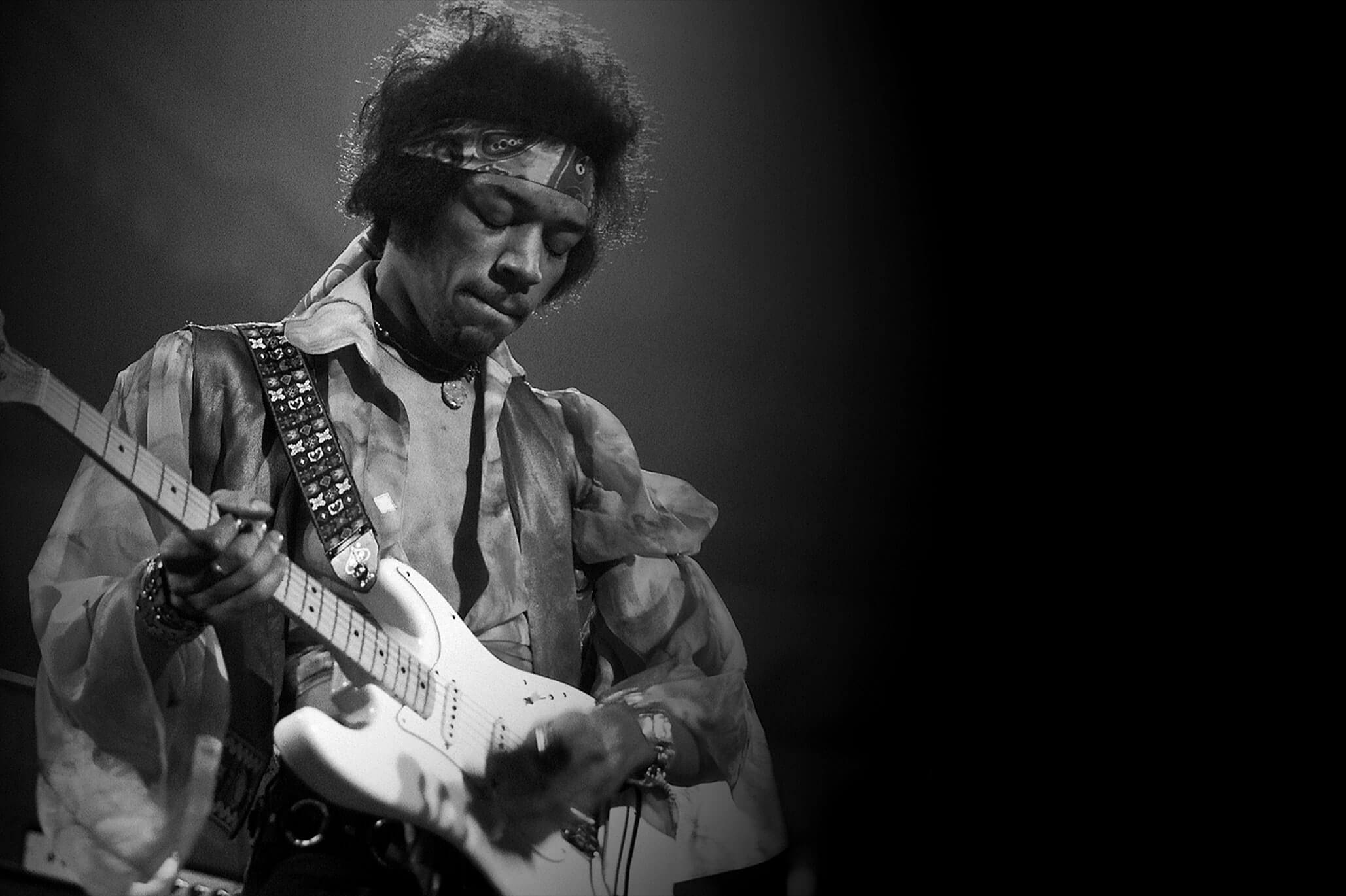Madison Musicians know how to captivate an audience and leave a lasting impression. This requires excellent stage presence, connecting with people, and a unique sense of expression.
To be a great musician, you need to work hard. Daily practice and a strong mindset will help you get there.

Musicians create and perform music using their skill and creativity to elicit emotions, connect with audiences, and convey an artistic vision. This is a challenging career that requires immense dedication and sacrifice. The rewards are profound for those who honor their muse and continue to adapt in their quest to touch listeners in meaningful ways.
Musicians may perform in various settings, including clubs, concerts, and recording studios. They use instruments such as saxophones, drums, guitars, and pianos to create musical sounds. They also may compose and arrange instrumental music for film, television, and theater.
Some musicians are vocalists who use their voice as a musical instrument to express emotion and meaning. Others are composers who use advanced music theory and raw creativity to produce original musical scores and arrangements. Their work may include symphonies, film scores, or pop arrangements.
Other musicians may work as conductors who lead and direct bands, orchestras, and other musical ensembles. They interpret the musical score and guide their performers to deliver a quality performance. Conductors use their musical arrangement and interpretation expertise to produce a cohesive and impactful artistic work.
Many musicians also find work in the music education field. They teach students to play their instruments and give private lessons. They may also help students prepare for performances and examinations. Musicians who specialize in music education usually have a combination of classroom teaching, one-on-one lessons, and ensemble directing as part of their workplace.
Musicians may be required to travel for work and often spend long periods away from home. They often work at night or on weekends. This makes it difficult to balance family responsibilities with their music careers. Many musicians are self-employed, and most do not receive benefits such as sick leave or paid vacations.
In addition to their performing and recording responsibilities, musicians must promote their music through marketing, networking, and social media engagement. They may also be required to attend rehearsals and practice regularly to sharpen their skills. They need to maintain their motivation through rejection and setbacks in their careers. They also need to have a supportive network of friends and family members.
Musicians share their passion for a musical instrument with students by teaching the fundamentals of playing and performing. They also teach their students to interpret music and create melodies and harmonies. This allows the student to connect deeply and share the music with others. They also encourage their students to learn more about the history of music and other cultures.
Musicians hone their craft by practicing for long periods. They may also have to travel to different locations for performances. The job can be tiring, especially if it requires sitting or standing for extended periods. However, it’s worth it for those passionate about the profession.
The music industry is unpredictable, and musicians need to have grit to withstand the ups and downs of their careers. They need to be able to overcome rejections and self-doubt to remain motivated. Self-compassion and a support system help them recover from setbacks. They must also rely on their ability to improve their skills incrementally. Hitting a note smoothly, conquering a difficult rhythm, and memorizing a section are all small wins that help musicians stay on track.
Musical mastery requires immense patience accumulated over years of practice. Developing advanced techniques like vibrato and double tonguing takes slow repetition. It could take months before the method feels automatic. The musician must maintain motivation during these long slogs by tracking quantitative practice metrics. They must also avoid discouragement by framing unsuccessful auditions and performances as opportunities for improvement rather than failures.
Musicians must have strong interpersonal communication skills to collaborate with other musicians and orchestras. They need to be able to listen to other artists and adjust their performance to complement theirs. They must also be able to express their ideas clearly and respectfully. Stylistic nuance and a compelling stage presence are other characteristics of impactful musicianship. Authenticity and vulnerability are essential for building trust with audience members.
Musicians use their art to communicate and connect with people at a deep level. Whether performing as part of an orchestra or in front of a crowd, their music can inspire and uplift people. They can also serve as a medium for self-expression, cultural representation, and social commentary. They are often multi-faceted artists, able to play multiple instruments and sing. Some musicians are also capable composers of writing their own songs.
Musicians must devote significant time to practicing and rehearsing to maintain their skills. They may also have to record their work, working with producers and audio engineers in recording studios. In addition, they need to promote their work and network with others in the industry. Many of these duties require them to travel and work outside their regular daytime hours.
Musical mastery requires immense patience accumulated over years of practice. It can take months to develop advanced techniques like vibrato and double tonguing. To avoid discouragement, musicians focus on daily, incremental improvements. They also track quantitative practice metrics to stay motivated.
Musicians must adapt their performances to different venues and audiences as they tour. They also have to maintain their instruments between performances. Depending on the type of music, they might need to change the instrument’s tuning or adjust the volume.
During their careers, musicians often have to deal with financial instability. This is because their performance income varies and is only sometimes predictable. Consequently, many musicians must work supplemental jobs to supplement their incomes. They can also find opportunities to earn extra money from teaching or offering private lessons.
Despite these difficulties, most musicians enjoy their professions and love their work. They are often passionate about their music and have a unique relationship with it. This passion sustains them through difficult times, especially early in their careers, when they struggle to find enough performance. They also rely on their creativity and resilience to cope with the industry’s challenges. They also learn to negotiate deals and read contracts thoroughly to prevent exploitation.
Musicians use their technical skills, creativity, and expression to create, perform, and interpret musical works. They may be instrumentalists who play instruments such as guitars, piano, violins, and drums or vocal musicians who sing. Some also write their music or are conductors who direct orchestras and choirs in performance.
Musical mastery requires immense patience and persistence accumulated over years of daily practice. Developing advanced techniques like vibrato or double tonguing takes months of repetition. Elite musicians focus on incremental improvements and celebrate their progress to avoid discouragement. They also analyze unsuccessful auditions and performances to learn from their mistakes without self-blame. Musicians also maintain their equipment and often travel to gigs and events to promote their music.
Musicians strive to connect with audiences through their creative work and emotional expressiveness. They are passionate about their craft and feel a deep urge to share their art with the world. They have a unique ability to communicate with people at a deeper level, and they use their musical talents as a means of social commentary and cultural representation.
Performing music in front of an audience can be nerve-wracking for musicians. They must overcome their fears and put on a captivating performance. Their dedication to their craft keeps them motivated to persevere despite setbacks. They must also stay updated with the latest trends and techniques in their field.
Many musicians spend much of their time promoting their music and connecting with fans. They must develop a strong social media presence and inform fans about new content and upcoming performances. They must also update their websites and ensure they have high-quality images and compelling artist bios.
The musical industry can be tough to navigate, and musicians need to take time to reflect on their goals and priorities. They should consider how they want to impact the world and what type of music they want to create. They should also consider the kinds of concerts they want to play and how they will attract an audience.

